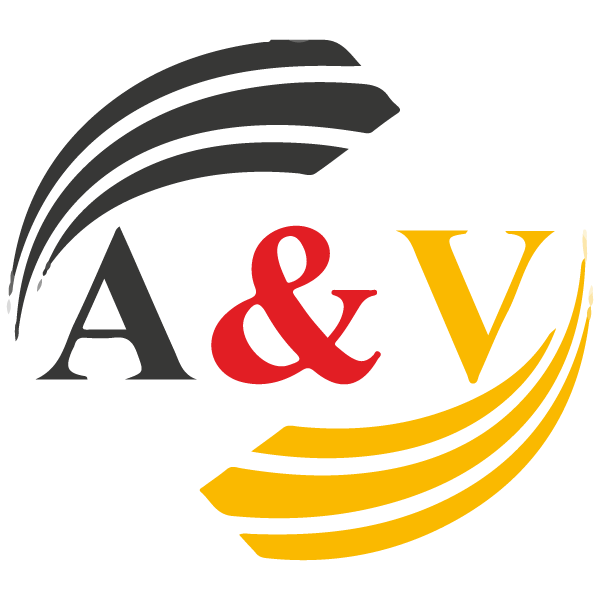To work in Germany as a highly-qualified worker, you must first obtain a visa to enter Germany.
You do not need a visa if you are from Australia, Canada, Israel, Japan, New Zealand, South Korea or the USA.
Once in Germany, you must obtain a residence/settlement permit allowing you to work.
Residence permit for qualified experts during their job search (Sec 18c ResA)
A qualified expert can apply for a residence permit for job search for a maximum duration of 6 months. The highly-qualified expert has been awarded a university degree. If the university degree was not awarded in Germany, it must either be recognised or equivalent to a German university degree.
Settlement Permit for highly-qualified workers (Sec 19 ResA)
Highly-qualified workers include:
Scientists with special knowledge;
University teachers or assistants with executive functions.
Blue Card (Sec 19a ResA)
Migrants with a completed university degree can apply for a Blue Card EU. If the university degree was not awarded in Germany, it must either be recognised or equivalent to a German university degree. The applicants must present an employment contract / a binding employment offer with a specified minimum salary. This salary stands at two thirds of the annual contribution assessment ceiling for general old age pension insurance (Beitragsbemessungsgrenze zur Rentenversicherung). For occupations that face a labour shortage, the limit stands at 52% of the total amount.



